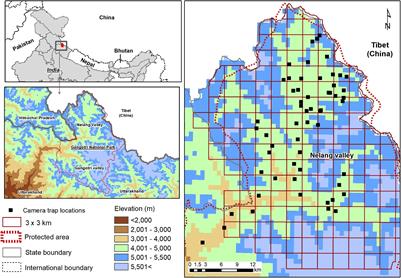ORIGINAL RESEARCH
Published on 22 Jul 2022
Understanding conflict and co-existence among Spiti Bhot community and large carnivores in high Himalaya: The case of Himalayan wolves
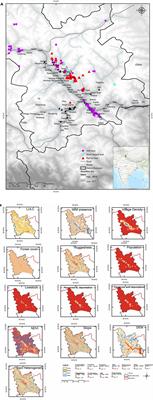
doi 10.3389/fevo.2022.739181
- 6,102 views
3,935
Total downloads
34k
Total views and downloads
You will be redirected to our submission process.
ORIGINAL RESEARCH
Published on 22 Jul 2022

ORIGINAL RESEARCH
Published on 06 Jul 2022
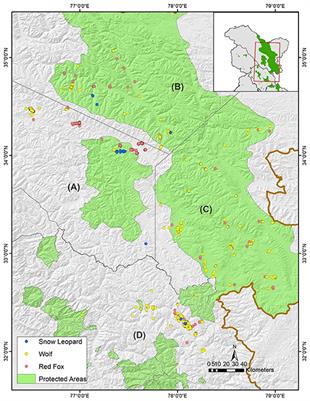
REVIEW
Published on 25 Apr 2022
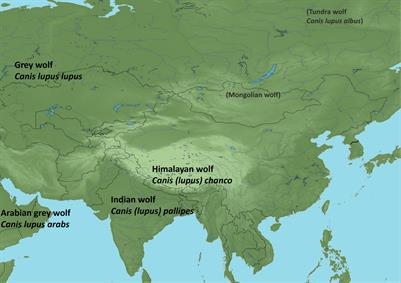
ORIGINAL RESEARCH
Published on 18 Apr 2022
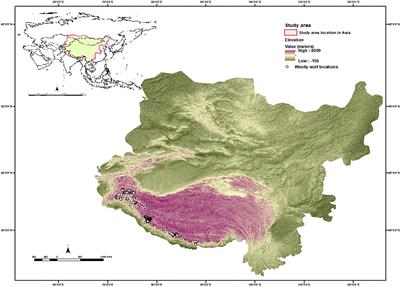
ORIGINAL RESEARCH
Published on 15 Mar 2022
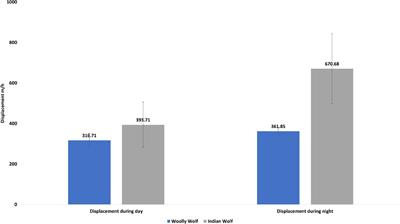
ORIGINAL RESEARCH
Published on 14 Jan 2022
